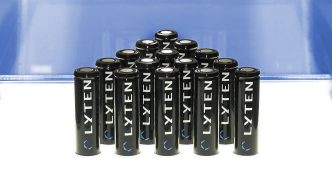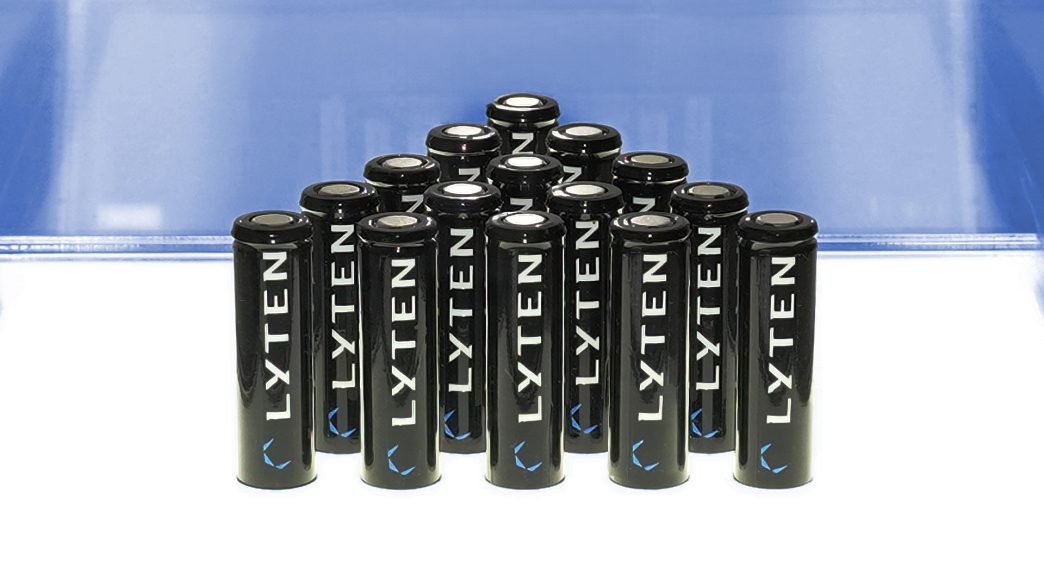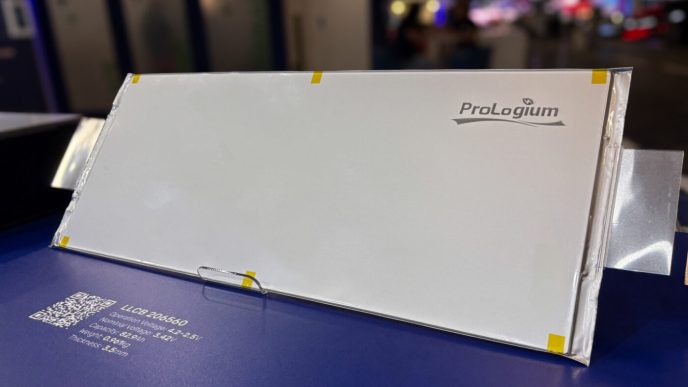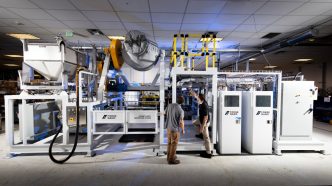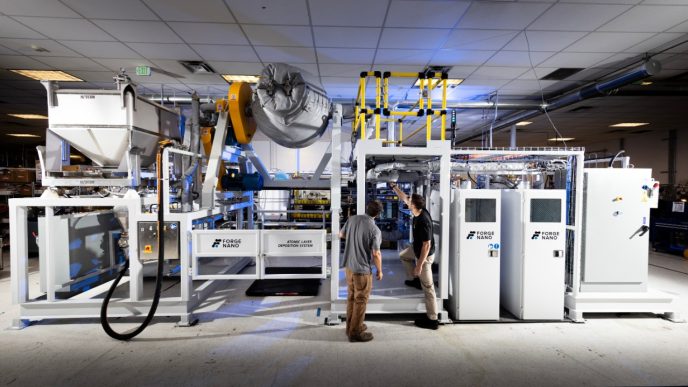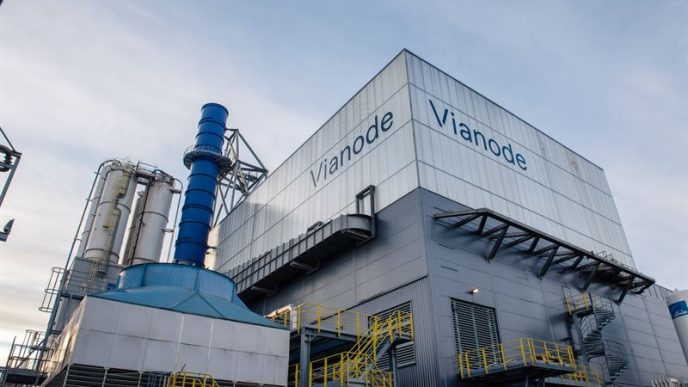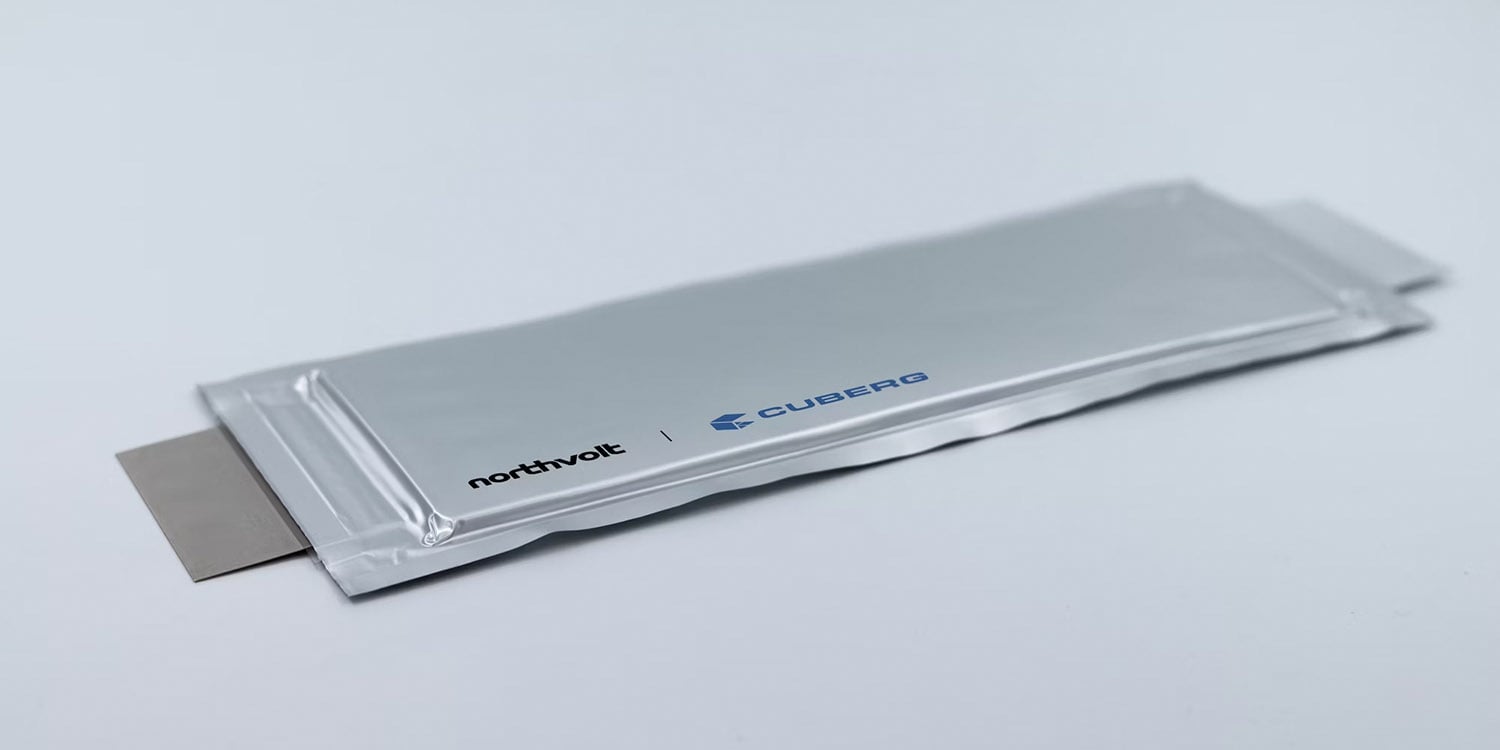Silicon Valley startup Lyten announced plans on Tuesday to construct the world’s first gigafactory for lithium-sulfur batteries in Reno, Nevada. The $1 billion facility aims to address the rising demand for more affordable and efficient energy sources for electric vehicles (EVs). Backed by Stellantis and FedEx, Lyten’s investment will initially create 200 jobs, with expectations to grow to over 1,000 as production scales up.
The gigafactory will have the capacity to produce up to 10 gigawatt-hours of lithium-sulfur batteries annually, with the first phase of production slated to begin in 2027. This move positions Lyten alongside other major industry players in northern Nevada, including Tesla, which operates a gigafactory in Reno producing EV battery packs.
“We’re bringing advanced lithium-sulfur battery technology to the market that can reduce the weight of EV batteries by up to 40% compared to lithium-ion,” a Lyten representative said, noting the potential for cost reductions in EV production. The startup, founded in 2015, has been assembling these batteries in San Jose, California since 2023 and has attracted interest from hundreds of potential customers.
The company also plans to deploy its batteries in sectors such as drones, micromobility, and defense over the next two years. Lyten’s gigafactory is part of a broader effort by companies to reduce reliance on Chinese battery materials and build a robust North American supply chain for EV production, though experts caution this transition will take several years.

